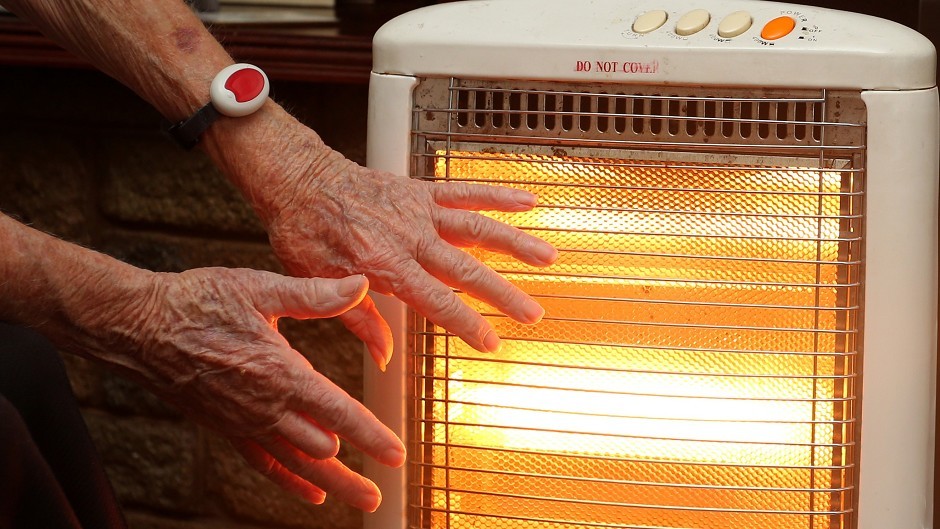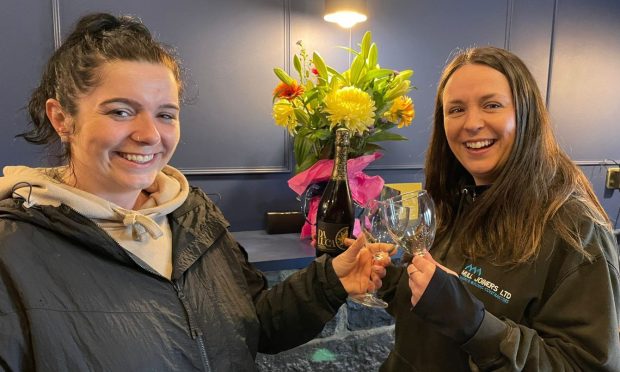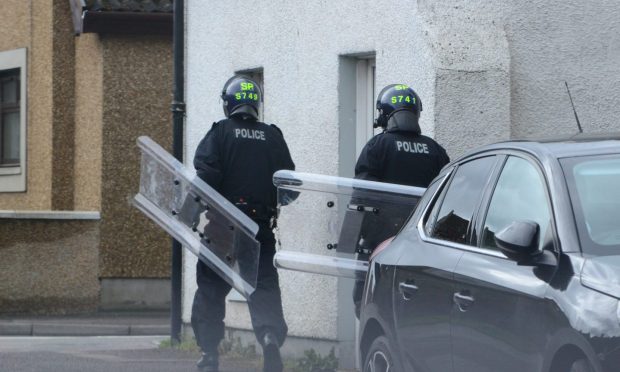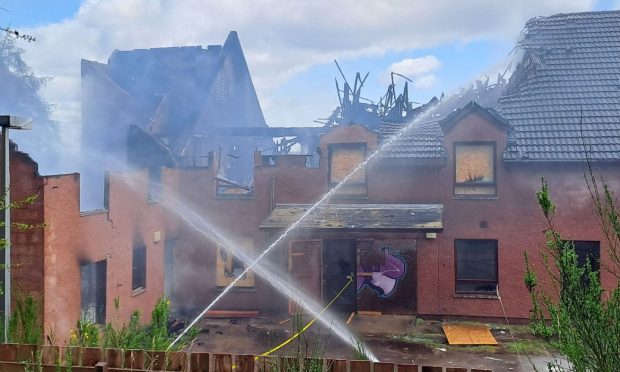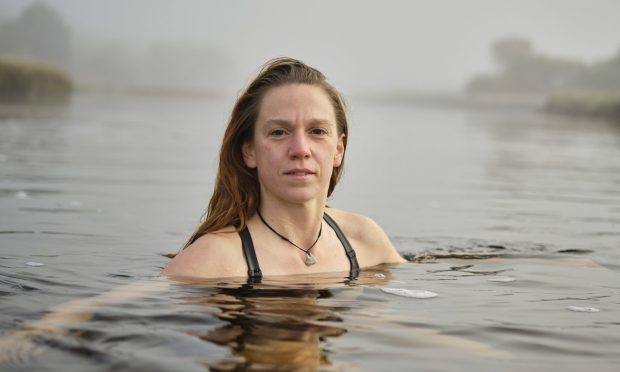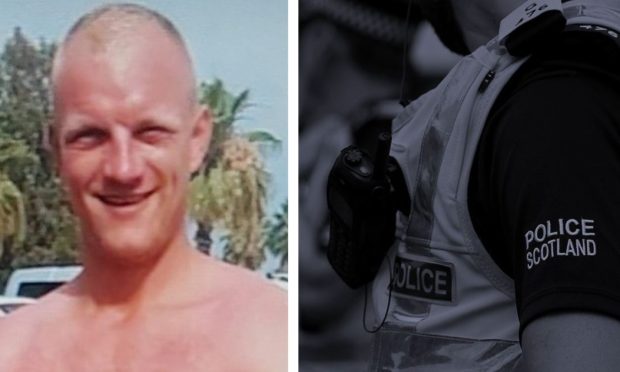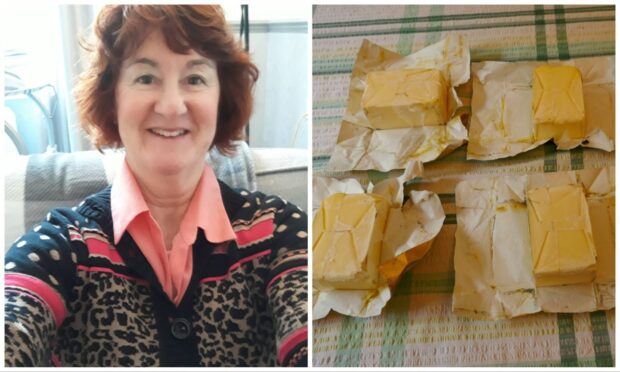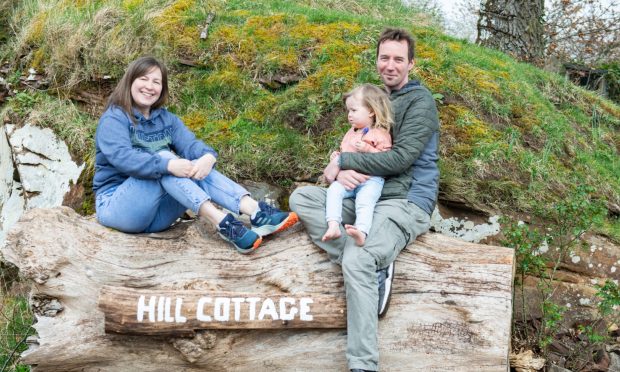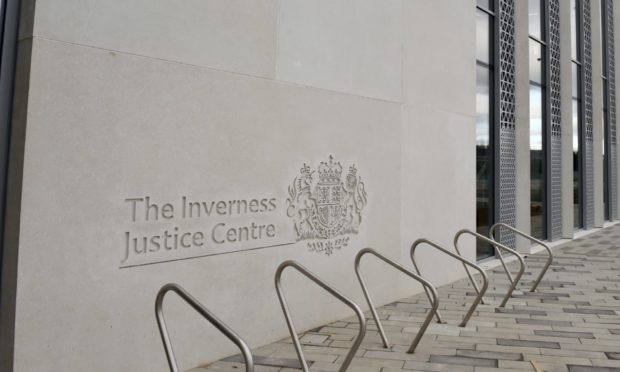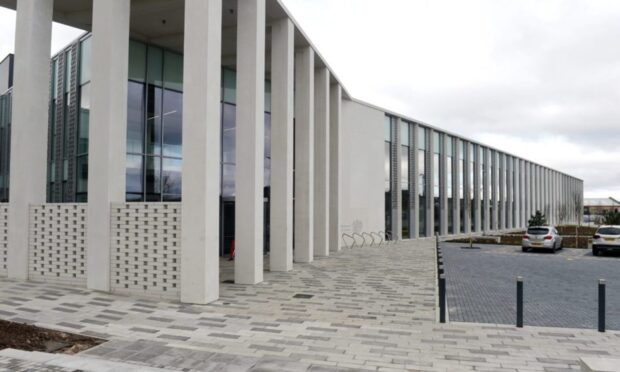An army of experts could be sent out to thousands of homes across the north to help people slash their energy bills.
The plan was among more than 100 recommendations made yesterday to finally tackle “shocking” and “simply unacceptable” levels of fuel poverty.
Calls for radical measures were made after new figures showed that more than half of the 1million residents in rural Scotland suffer from fuel poverty – rising to two-thirds of homes in remote areas.
The problem is particularly acute in the islands, where energy consumption can be more than double the national average and annual bills can be £300 higher.
It is also exacerbated by a controversial electricity surcharge on homes in northern Scotland, which the Press and Journal and local politicians have campaigned against.
The Scottish Government pledged to take “immediate and decisive action” yesterday after publishing two reports aimed at addressing the issue, having failed to meet previous targets to reduce the numbers.
The Rural Fuel Poverty Task Force, chaired by Di Alexander of Lochaber Housing Association, called for a pilot project which would involve homes classed as suffering from fuel poverty to have a dedicated “energy carer” appointed.
Based on initiatives pioneered in Skye and Lochalsh, experts would go into people’s homes, carry out detailed assessments and help them take action to cut their bills.
Mr Alexander said: “These are not made up figures, there does need to be a step change in the way the problem is handled.
“One of the key messages in our report is about making sure that all vulnerable households are reached out to and helped.
“We need a more specialised way to help them, going to their homes and seeing how to help.”
Highlighting the work in Skye and Lochalsh, Mr Alexander added: “They go to houses and they do a complete assessment.
“They look at the heating and they look at fuel bills, and they basically hand-hold them through the whole process and they come out of the other side with verifiable affordable warmth improvements.
“We know that it works and it saves public money at the end of the day.
“These services tend to run on a very insecure financial basis. There’s an opportunity for government to provide funding for these projects, not only to keep them going but to expand them.
“It needs to be better co-ordinated and better resourced. The Scottish Government needs to pick it up by the scruff of the neck and say ‘we’re doing something’.”
Mr Alexander’s report makes more than 50 other recommendations, including making improvements on monitoring fuel poverty, that the Scottish Government investigate whether there is market supply failure in non-regulated fuels, as well as the provision of grants for district heating schemes, and introduction of a fuel duty discount for domestic fuels.
The Scottish Fuel Poverty Strategic Working Group also produced a report on the issue yesterday, making more recommendations, including the development of a community-based approach, and changing the current definition of fuel poverty.
Chaired by David Sigsworth, the report said it was a “critical time for Scotland to improve the results of past efforts to reduce disadvantage caused through fuel poverty”, and that the “situation is significantly worse” than when targets were set 15 years ago.
Housing Minister Kevin Stewart said: “Everyone should be able to heat their home and keep themselves and their families warm, therefore tackling and eradicating fuel poverty is vital and we must make sure action we are taking is making a difference to those that need it most.
“The advice is clear that the current definition is unhelpful in ensuring support is delivered to those who need it most.
“That is why, I will take immediate and decisive action to take forward the recommendation on reviewing the definition of fuel poverty and set up the expert independent review called for.
“However I am clear that I will not define away the problem and the changes must be justified to ensure that those in need receive the most support.”
Andy Wightman MSP, housing spokesperson for the Scottish Greens, said the levels of fuel poverty in rural communities were “simply unacceptable”.
“This report shows there are practical measures that could be taken now to make life easier for people who are currently struggling to either keep their homes warm or are being forced to cut back on food and other essentials to pay their fuel bills,” he added.
Scottish Conservative MSP Annie Wells said: “Having a warm home during winter is something that every Scot should be able to afford, but yet we still have a huge problem with fuel poverty.”
